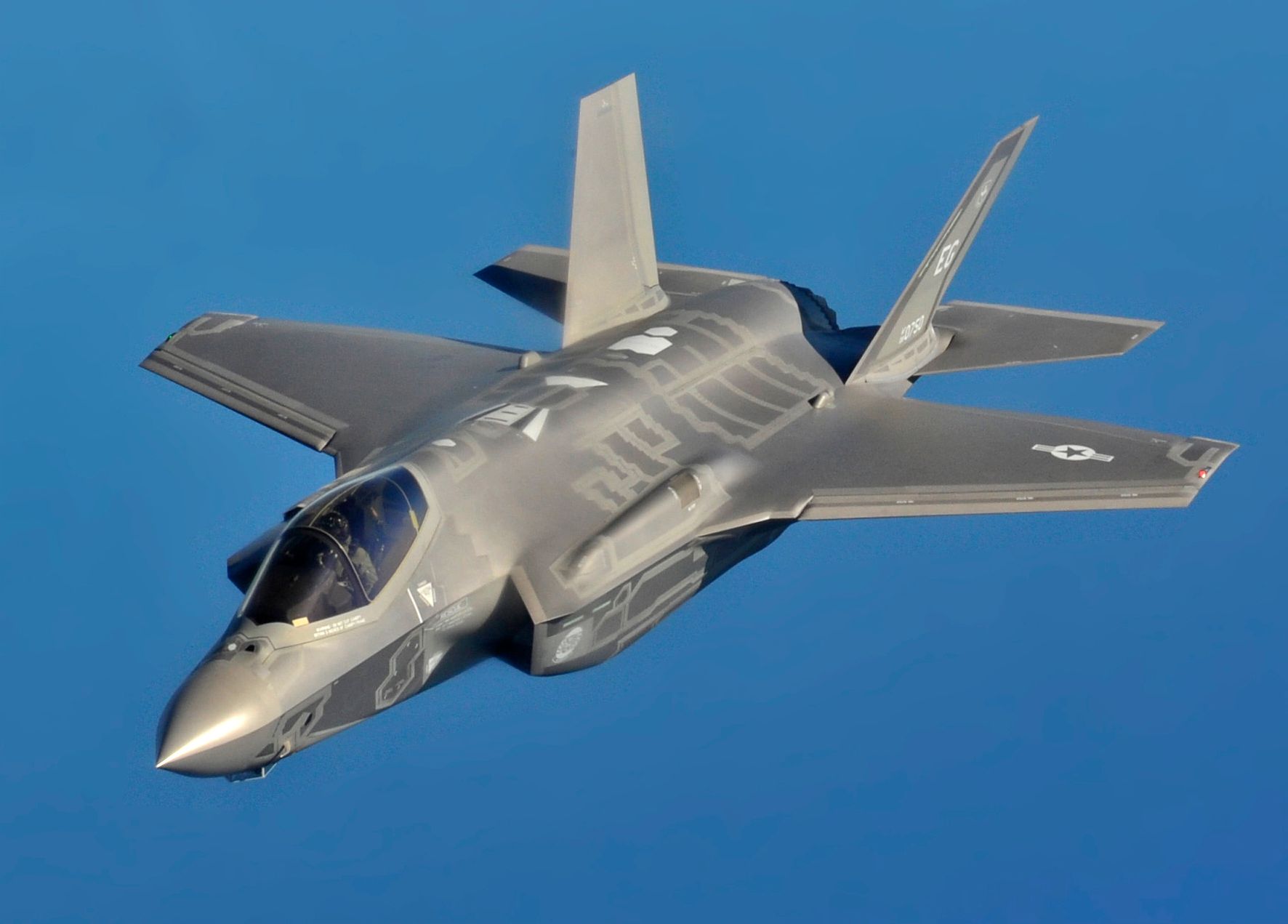Defense Stocks Soar Amid Israel-Hamas Conflict
Moreover, the iShares U.S. Aerospace & Defense ETF, tracking prominent companies such as Raytheon, Lockheed Martin, Boeing, General Dynamics, and Northrop Grumman, has registered a surge of around 7% since the commencement of hostilities.

The ongoing Israel-Hamas conflict has had a significant impact on defense stocks, with investors flocking to this sector as geopolitical unrest drives up demand. As is typically observed in such scenarios, defense stocks tend to rise during periods of conflict. In this case, the Israel-Hamas war has fueled expectations of increased investments in defense by the Department of Defense.
Anticipating a potentially prolonged conflict, investors have been drawn to exchange-traded funds (ETFs) tracking defense companies in the United States and Europe. These ETFs offer exposure to weapons and aircraft manufacturers, whose products are in high demand during times of conflict. This surge in interest has been fueled by the belief that the Israel-Hamas conflict could potentially spill over into a wider regional war, necessitating more significant defense expenditures.

Specific Defense Stocks
Several specific defense stocks have experienced notable gains since the outbreak of hostilities. One such company is Northrop Grumman, which has witnessed an impressive rally of almost 15% since the initial Hamas attack. L3Harris follows suit, with an increase of approximately 8% during the same period. Other notable mentions include AeroVironment and Kratos Defense, which have experienced jumps of 12% and 14% respectively. These companies, specializing in technology-driven defense solutions, have garnered attention as investors place bets on their central role in the conflict.
Moreover, the iShares U.S. Aerospace & Defense ETF, tracking prominent companies such as Raytheon, Lockheed Martin, Boeing, General Dynamics, and Northrop Grumman, has registered a surge of around 7% since the commencement of hostilities.
However, it is important to note that historical data suggests that defense stocks often experience a temporary surge following military conflicts, only to eventually lose those gains. Consequently, the long-term impact on defense stocks remains uncertain, and it is difficult to ascertain how sustainable these positive trends will be.
It is worth highlighting that the United States has already been providing substantial annual subsidies to Israel's defense capabilities, totaling billions of dollars. In a recent speech on October 19, President Joe Biden urged Congress to authorize an additional "emergency" allocation of $14 billion for weapons for Israel. Additionally, Biden requested funds of approximately $61 billion for Ukraine and several billion for Taiwan.
Fighter Jets
The majority of these funds will be directed towards companies such as RTX and General Dynamics, which rank as the second and third largest defense contractors in the United States. The leading contractor, Lockheed Martin, particularly looks forward to potential fighter jet purchases intended for Israel and Taiwan. These aircraft are expected to play a critical role in countering regional threats, with those sent to Taiwan aligned with the United States' new Cold War strategy in the Asia-Pacific region, primarily focused on China.
In conclusion, defense stocks have witnessed significant gains in response to the Israel-Hamas conflict. The increased demand for defense products and services during periods of geopolitical unrest has attracted investors, enabling specific defense companies to experience notable stock price increases. However, it is important to approach these developments with caution, as historical patterns indicate that such gains are often temporary. The long-term trajectory of defense stocks remains uncertain, and their performance hinges on numerous factors, including the duration and intensity of the conflict and subsequent defense investment decisions.


